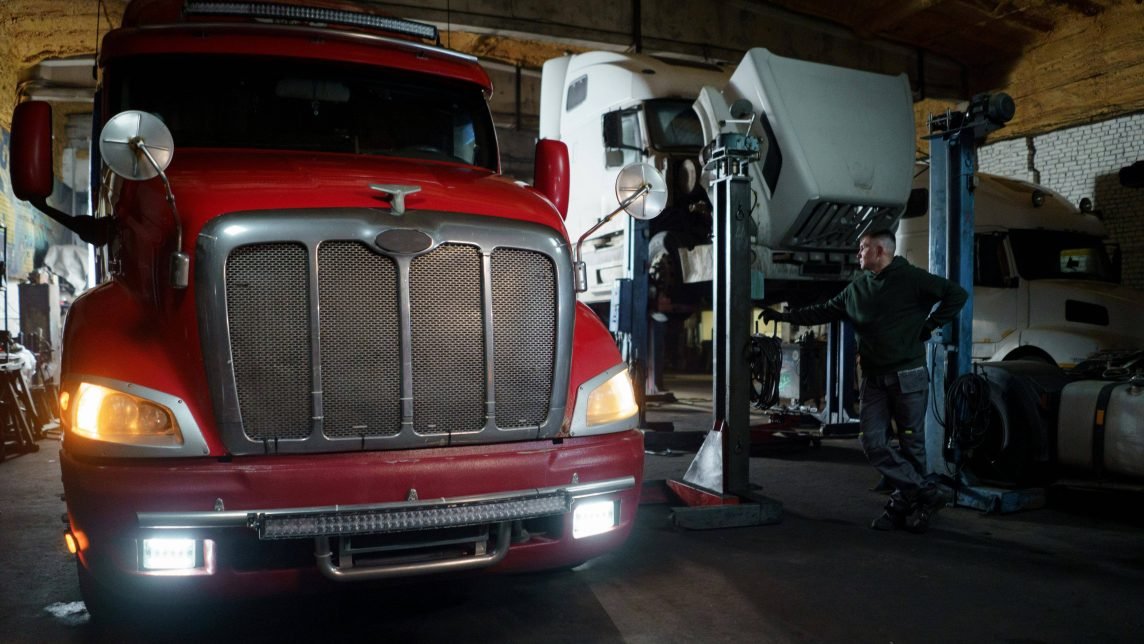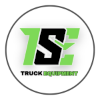Maximize Fleet Efficiency with Expert Management Tips
Are you looking to maximize the efficiency of your fleet while cutting down on operational costs? These expert fleet management tips could be the game-changer your business needs! Managing a fleet of vehicles, whether for construction, delivery, or other commercial purposes, involves numerous moving parts. Effective fleet management can lead to significant savings and improved productivity. Here are some top fleet management tips to keep your operations running smoothly:
Implement GPS Tracking
- Benefit: Real-time tracking helps in monitoring vehicle locations, optimizing routes, and ensuring timely deliveries.
- Details: Utilizing GPS tracking systems allows fleet managers to have real-time insights into the exact location of each vehicle. This not only helps in route optimization but also ensures that deliveries are made on time, reducing delays and enhancing customer satisfaction.
Regular Maintenance Schedules
- Benefit: Preventive maintenance reduces the risk of breakdowns and extends the life of your vehicles.
- Details: Implement a strict maintenance schedule that includes routine checks and servicing. Regular maintenance can prevent minor issues from becoming major, costly repairs. Keep detailed records of all maintenance activities to ensure each vehicle is serviced on time.
Fuel Management
- Benefit: Using fuel management systems can help monitor fuel usage and identify areas for improvement.
- Details: Fuel costs are a significant part of fleet operations. Implementing fuel management systems can track fuel consumption and identify patterns that may indicate inefficiencies. Consider using fuel cards and telematics to monitor fuel usage and make data-driven decisions to improve fuel efficiency.
Driver Training Programs
- Benefit: Training drivers on safe and efficient driving practices can lower fuel consumption and reduce accidents.
- Details: Investing in driver training programs ensures that your drivers are well-versed in best practices for safe and efficient driving. Regular training sessions and workshops can keep drivers updated on the latest safety protocols, which can lead to fewer accidents and lower insurance costs.
Adopt Fleet Management Software
- Benefit: Comprehensive software solutions can streamline operations, from tracking to maintenance scheduling.
- Details: Fleet management software provides a centralized platform to manage all aspects of your fleet. These tools help in tracking vehicle locations, scheduling maintenance, monitoring driver behavior, and generating reports. The software can also integrate with other systems, providing a holistic view of your fleet operations.
Monitor Compliance and Safety
- Benefit: Ensuring all vehicles and drivers comply with regulations helps avoid fines and enhances safety.
- Details: Compliance with regulations is crucial for fleet operations. Regularly check that all vehicles meet safety standards and that drivers have up-to-date licenses and certifications. Implementing safety protocols and compliance checks can prevent legal issues and ensure a safe working environment.
Optimize Routes
- Benefit: Route optimization reduces fuel consumption and travel time.
- Details: Using GPS and route optimization tools can significantly reduce fuel consumption and travel time. Plan the most efficient routes to avoid traffic and reduce idle time. Regularly review and adjust routes based on traffic patterns and delivery schedules to maintain optimal efficiency.
Monitor Fuel Consumption
- Benefit: Identifying inefficiencies in fuel usage can lead to cost savings.
- Details: Keeping an eye on fuel consumption helps in identifying inefficiencies. Use fuel cards and telematics to monitor fuel usage and identify areas for improvement. Regularly analyze fuel data to spot trends and make adjustments to driving habits and routes as necessary.
Conclusion
By implementing these fleet management tips, you can enhance the efficiency, safety, and profitability of your operations. Effective fleet management is crucial for ensuring the smooth operation and longevity of your vehicles. Whether you manage a small fleet or a large one, these essential tips can help you enhance efficiency, reduce costs, and improve overall performance. For more detailed insights and resources, check out Fleet Management Resources.
Disclosure: Fleet management strategies and technologies are subject to change. Always stay updated with the latest industry practices and innovations.




